Latest News Blog
Tips for Making Those New Glasses Last

Now that you have picked up your new pair of prescription eyeglasses, your focus should become taking care of them. This is a task many disregard, but it is imperative that you make sure you are following a couple simple steps to keep the quality...
4 Good Reasons for Older Adults to Have Regular Eye Exams

The American Optometric Association has recommendations for how often adults need to get their eyes examined and those recommendations vary according to the level of risk you have for eye disease.
| Patient age... |
Read more: 4 Good Reasons for Older Adults to Have Regular Eye Exams
Diabetic Retinopathy Must-Knows for Everyone with Diabetes

Diabetic retinopathy is an eye condition that can affect the retina of people who have diabetes.
The retina is the light-sensitive tissue that lines the back of the eye, and it detects light that is then processed as an image by the brain....
Read more: Diabetic Retinopathy Must-Knows for Everyone with Diabetes
Know the 3 F's of Retinal Detachments
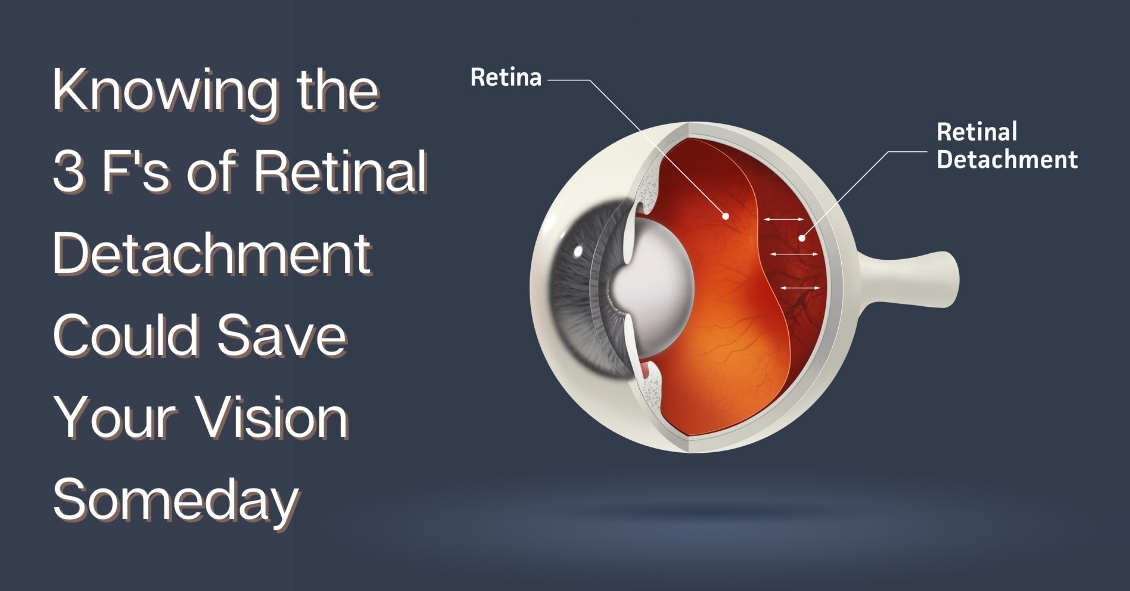
If you are seeing the 3 F's, you might have a retinal tear or detachment and you should have an eye exam quickly.
The 3 F's are:
- Flashes - flashing lights.
- Floaters - dozens of dark spots that persist in the center of your...
Don't Play Trick or Treat with Your Eyes

Fall brings a lot of fun, with Halloween bringing loads of it.
But did you know that some Halloween practices could harm your vision? Take Halloween contacts, for instance. They vary widely, with everything from monster eyes to goblin eyes to...
7 Tips from an Eye Doctor on Getting the Most from Your Exam
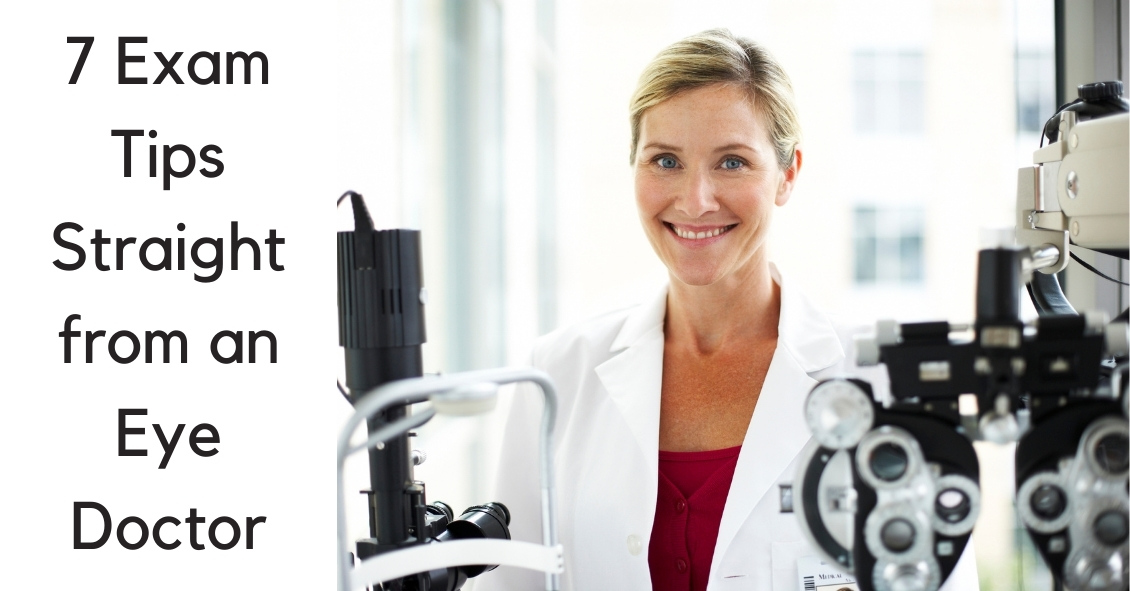
The eye holds a unique place in medicine. Your eye doctor can see almost every part of your eye from an exterior view. Other than your skin, almost every other part of your body cannot be fully examined without either entering the body (with a...
Read more: 7 Tips from an Eye Doctor on Getting the Most from Your Exam
Contact Lens Care 101
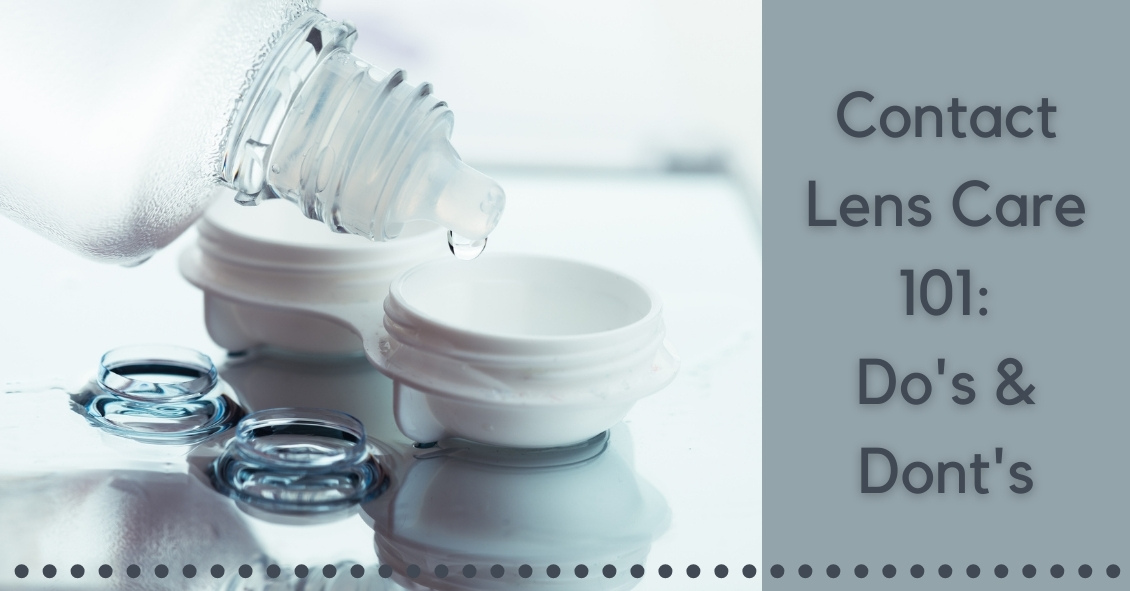
Oftentimes, contact lens wearers will skimp on their lens care because some of the solutions are costly and it seems like a good way to save some hard-earned cash. But this is not a good idea.
Cutting corners can result in infections or...
Dropless Cataract Surgery Is Now Available
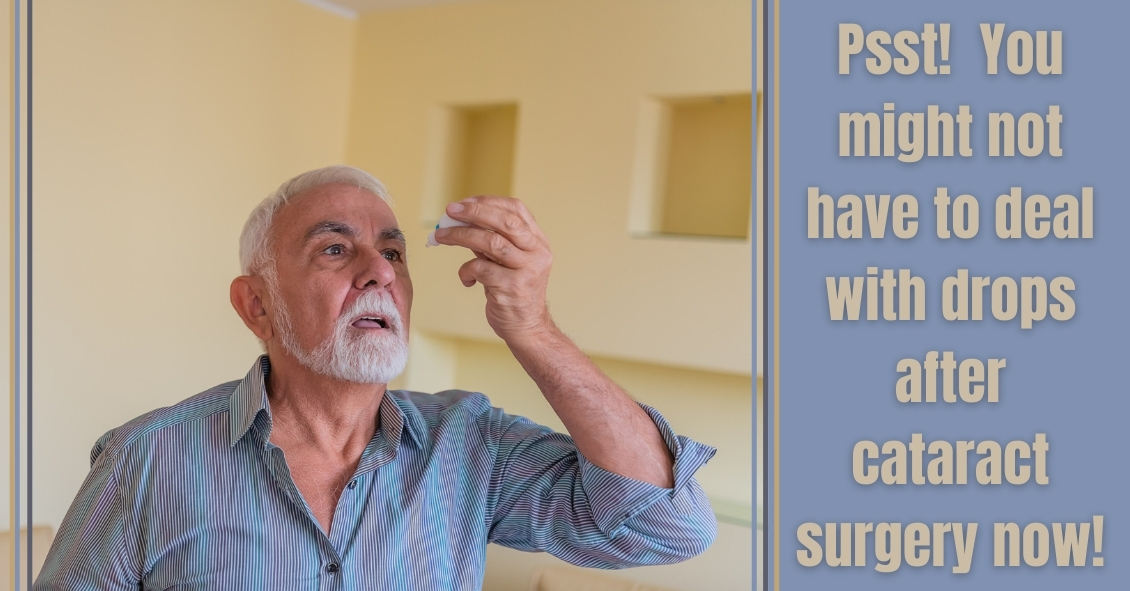
After cataract surgery, there are two main issues we try to control: preventing infection and controlling inflammation. Traditionally, we prescribed antibiotic eye drops to prevent infection, as well as steroid eye drops to control...
The Perfect Frame for You!
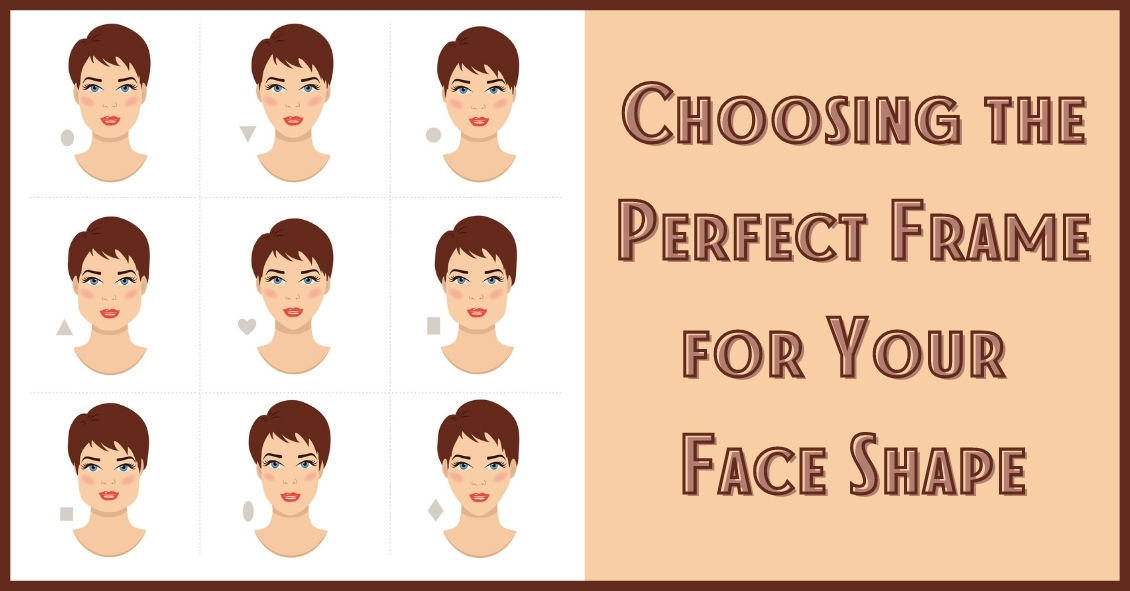
Choosing a new pair of eyeglasses can be a daunting task.
Making a decision on what style glasses you will be wearing for the next year until your vision is checked again can be stressful. This is one of the many reasons opticians are here for...
Does Your Child Have Undetected Vision Issues?

Don't be one of the thousands of parents every year who think, "I wish I had realized sooner that my child coudn't see properly!"
Did you know that early intervention in children's vision is the key to success?
- 80% of learning comes...
Ophthalmologists, Optometrists, Opticians - What's the Difference?
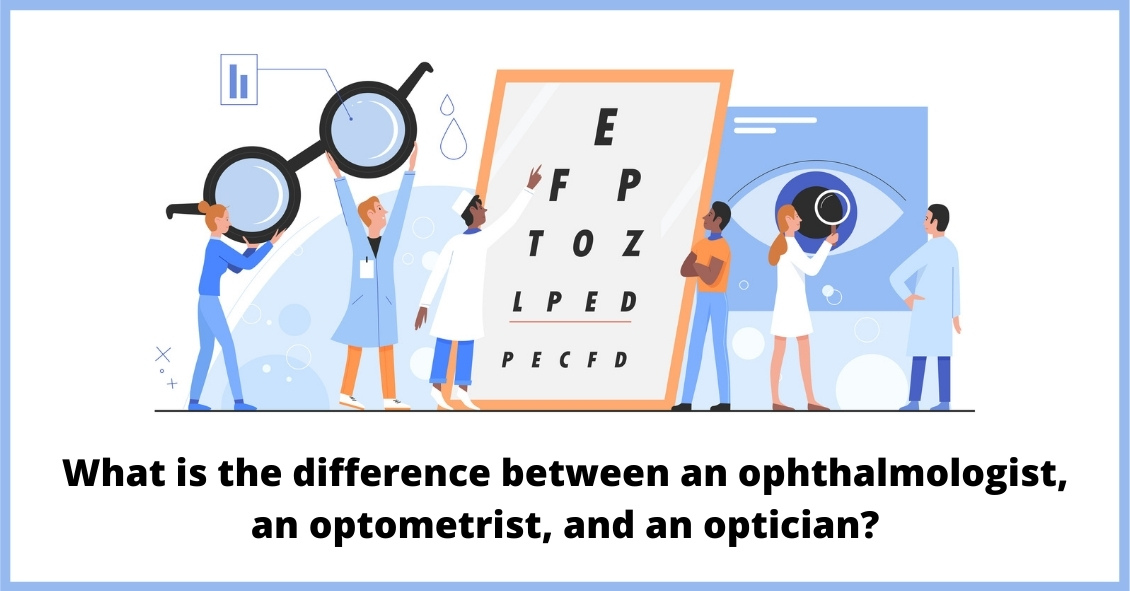
Knowing the difference between the various specialties in the eye care industry can be confusing, especially given the fact that they all start with the same letter and in many ways sound alike.
So, here’s a breakdown of the different monikers...
Read more: Ophthalmologists, Optometrists, Opticians - What's the Difference?
Vision Hallucinations and Charles Bonnet Syndrome
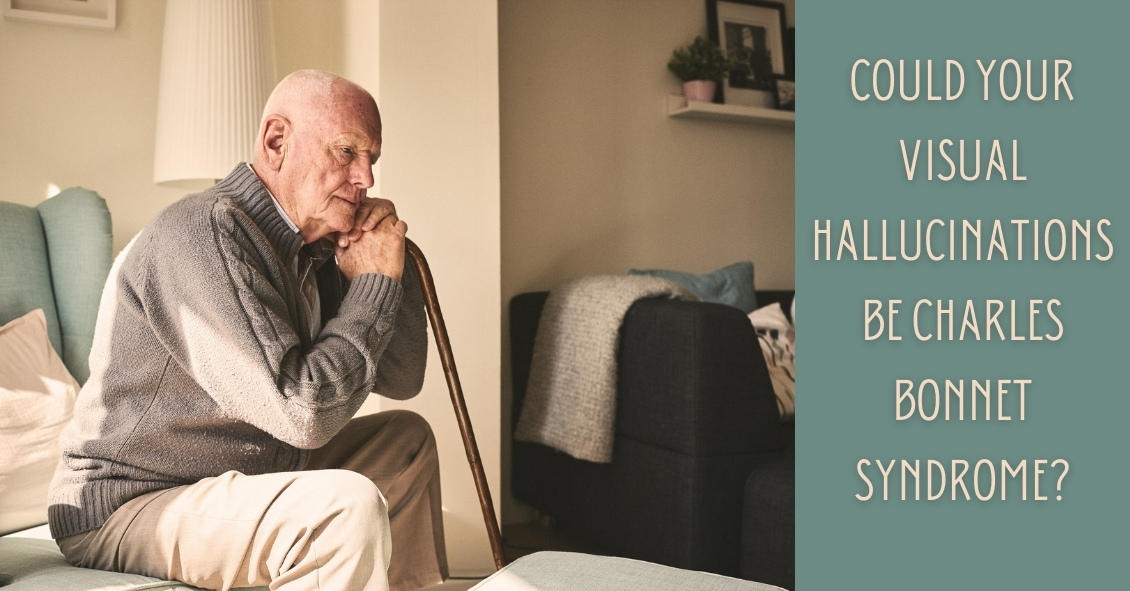
Who is Charles Bonnet? He was a Swiss naturalist, philosopher, and biologist (1720-1793) who first described the hallucinatory experiences of his 89-year-old grandfather, who was nearly blind in both eyes from cataracts. Charles Bonnet Syndrome...
Read more: Vision Hallucinations and Charles Bonnet Syndrome
Help! Is My Eye Bleeding?
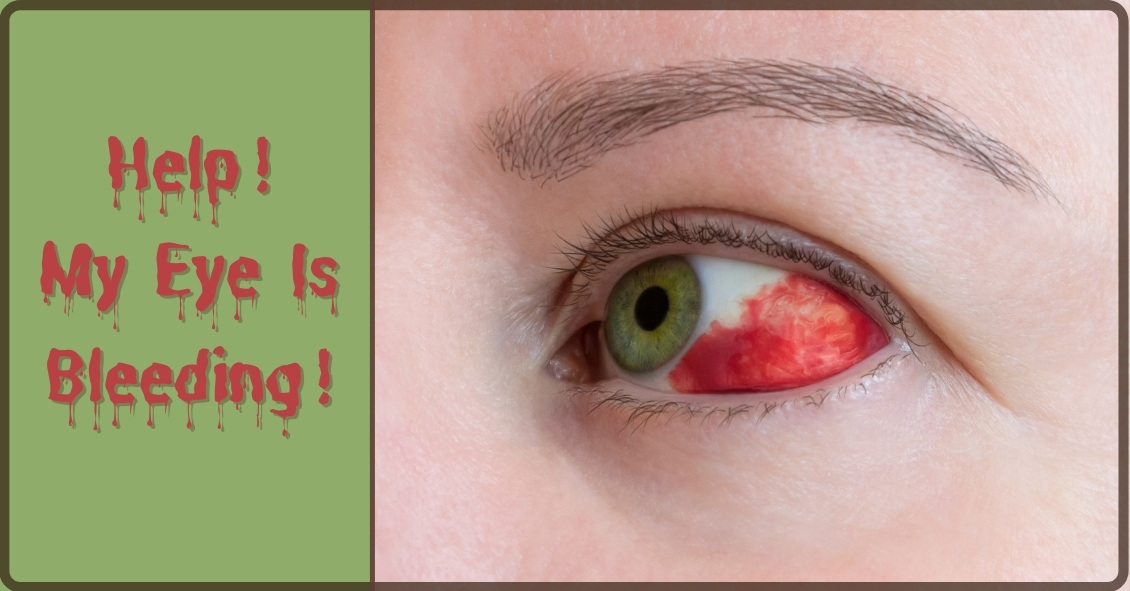
We commonly see patients who come in saying that their eyes are bleeding.
The patient is usually referring to the white part of their eye, which has turned bright red. The conjunctiva is the outermost layer of the eye and contains very fine...
5 Ways to Take Care of Your Optical Assets

YOUR EYES.......You only have two of them so treat them well and learn how to keep them safe from harm. Here is a list of five vital ways to prevent injuries to one of your most precious assets, your vision.
- Wear Safety Glasses. Failure to...
10 Fascinating Facts about the Eye
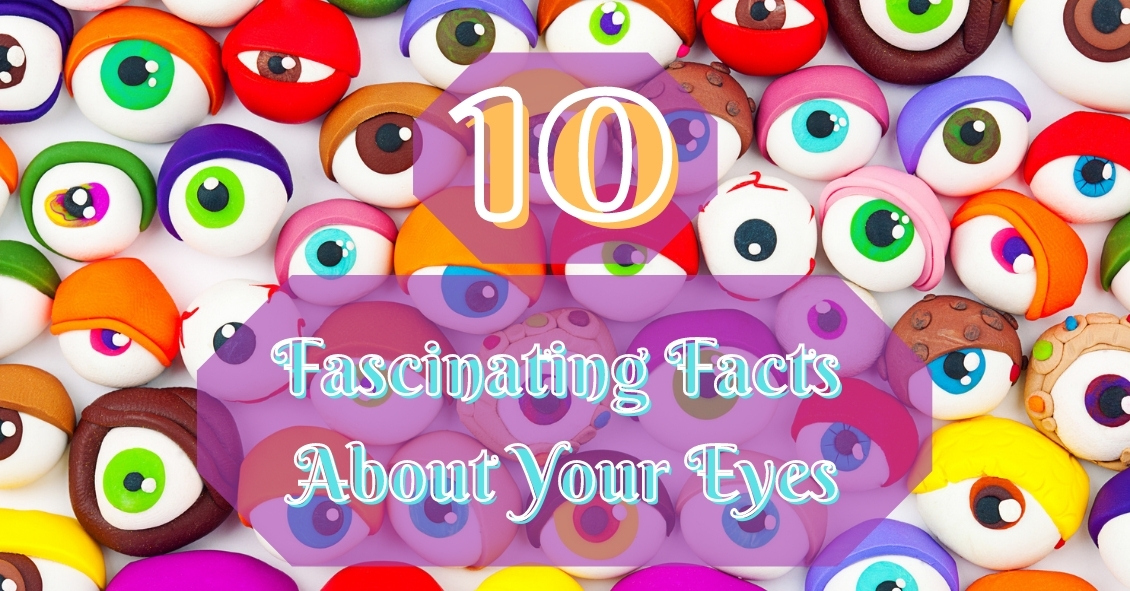
1. Vision is so important to humans that almost half of your brain’s capacity is dedicated to visual perception.
2. The most active muscles in your body are the muscles that move your eyes.
3. The surface tissue of your cornea (the...
Why Your Child NEEDS an Eye Exam
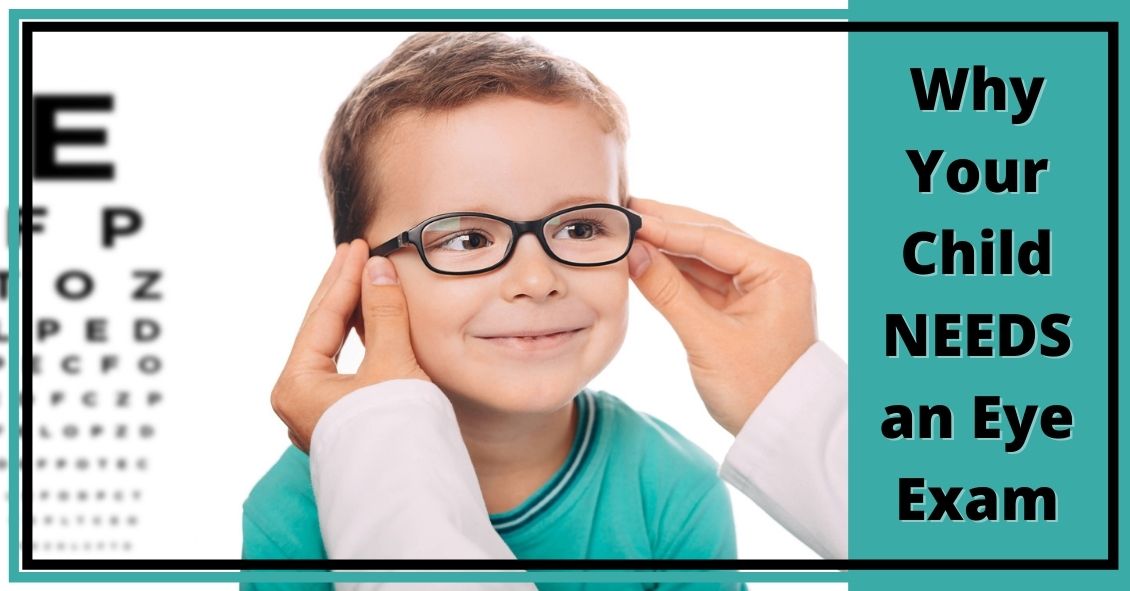
What do amblyopia, strabismus, and convergence insufficiency all have in common? These are all serious and relatively common eye conditions that children can have.
Did you know that 80% of learning comes through vision? The proverb that states...
Help Your Child See Their Way to a Better School Year
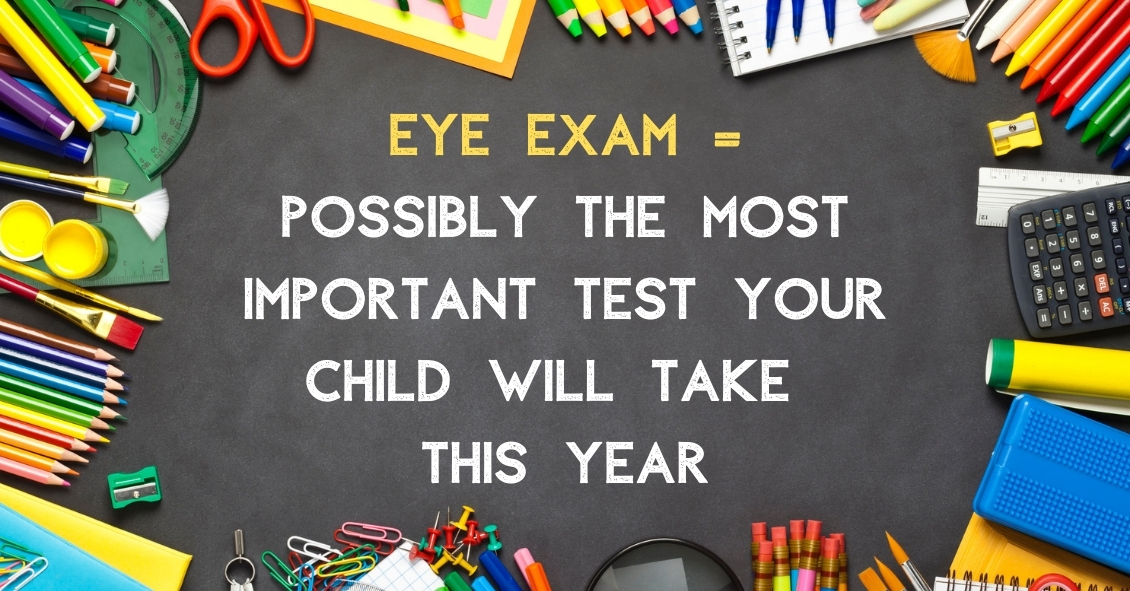
Is making an appointment for a comprehensive eye exam for your children on your back-to-school checklist? It needs to be.
No amount of new clothes, backpacks, or supplies will allow your child to reach their potential in school if they have an...
Read more: Help Your Child See Their Way to a Better School Year
The World of Eye Color
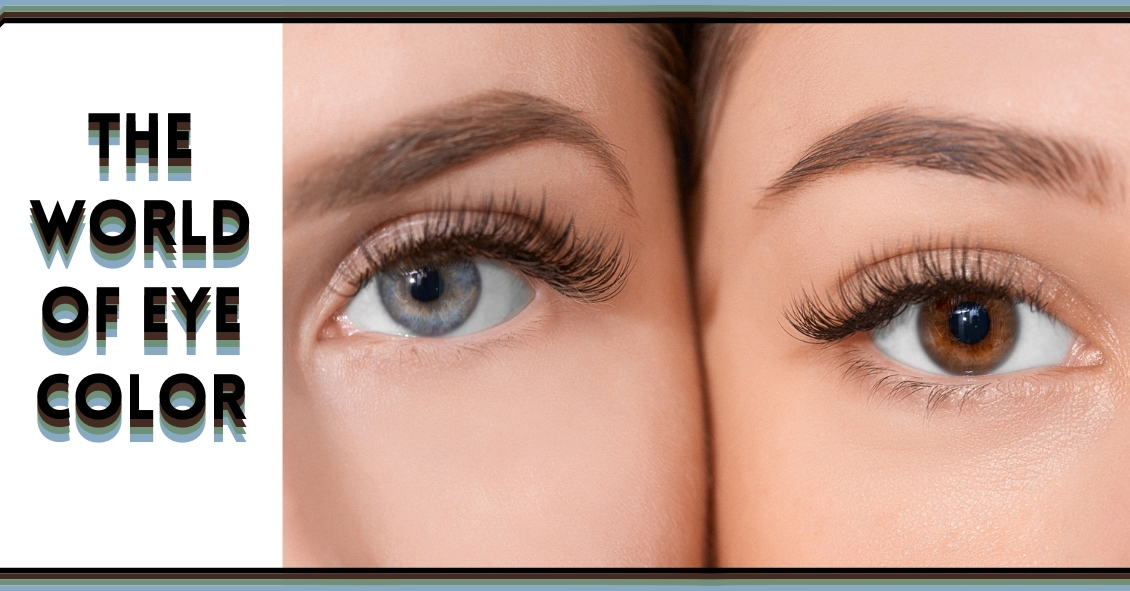
What's one of the most common questions people ask when a baby is born? "WHAT COLOR ARE HIS EYES?” is usually right up there.
What makes the color of our eyes appear as they do? What role do genetics play? What if you don’t like your eye...
Retinal Detachment - Symptoms, Causes, and Treatment

The retina is the nerve tissue that lines the inside back wall of your eye. Light travels through the pupil and lens and is focused on the retina, where it is converted into a neural impulse and transmitted to the brain. If there is a break in...
Read more: Retinal Detachment - Symptoms, Causes, and Treatment
Think of Them as Sunscreen for Your Eyes

The sun does some amazing things. It plays a role in big helping our bodies to naturally produce Vitamin D. In fact, many people who work indoors are directed to take Vitamin D supplements because of lack of exposure to the sunshine.
But...
Explosion in Fireworks Eye Injuries

Fireworks Eye Injuries Have Skyrocketed in Recent Years
Fireworks sales will be blazing across the country from now through the Fourth of July. As retailers begin their promotions, we and the AAO are shining a light on this explosive fact: The...



